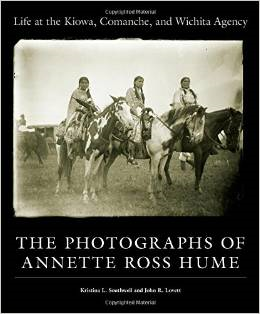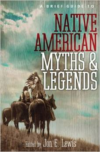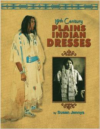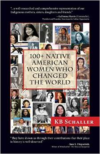Description
Anadarko, Oklahoma, bills itself today as the “Indian Capital of the Nation,” but it was a drowsy frontier village when budding photographer Annette Ross Hume arrived in 1890. Home to a federal agency charged with serving the many American Indian tribes in the area, the town burgeoned when the U.S. government auctioned off building lots at the turn of the twentieth century. Hume faithfully documented its explosive growth and the American Indians she encountered. Her extraordinary photographs are collected here for the first time.
In their introduction, authors Kristina L. Southwell and John R. Lovett provide an illuminating biography of Hume, focusing on her life in Anadarko and the development of her photographic skills. Born in 1858, in Perrysburg, Ohio, Hume moved to Oklahoma Territory with her husband after he accepted an appointment as physician for the Kiowa, Comanche, and Wichita Agency. She soon acquired a camera and began documenting daily life. Her portraits of everyday life are unforgettable — images of Indian mothers with babies in cradleboards, tribal elders (including Comanche chief Quanah Parker) conducting council meetings, families receiving their issue of beef from the government agent, and men and women engaging in the popular pastime of gambling.In 1927, historian Edward Everett Dale, on behalf of the University of Oklahoma, purchased Hume’s original glass plates for the university’s newly launched Western History Collections. The Annette Ross Hume collection has been a favorite of researchers for many years. Now this elegant volume makes Hume’s photographs more widely accessible, allowing a unique glimpse into a truly diverse American West.






Reviews
There are no reviews yet.